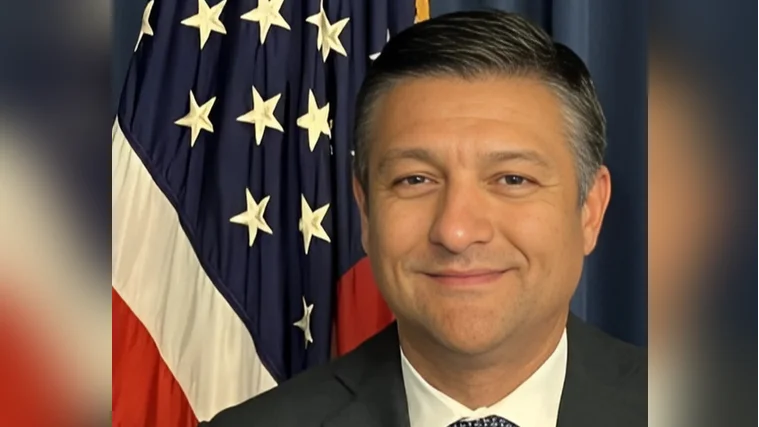A New Jersey man previously convicted twice for defrauding investors was sentenced to 37 years in prison on November 14, 2025, for his involvement in a Ponzi-like scheme that caused investor losses exceeding $44 million. His co-conspirator received a 12-year sentence. Both were ordered to pay more than $44 million in restitution.
Eliyahu “Eli” Weinstein, also known as “Mike Konig,” and Aryeh “Ari” Bromberg were convicted after a six-week jury trial before U.S. District Judge Michael A. Shipp in Trenton federal court. Charges included conspiracy to commit securities fraud, securities fraud, conspiracy to commit wire fraud, three counts of wire fraud, conspiracy to commit money laundering, transacting in criminal proceeds, conspiracy to make false statements to the U.S. Probation Office, conspiracy to obstruct justice, and obstruction of justice. Weinstein faced additional convictions for making false statements to the United States Probation Office.
Five other conspirators—Christopher Anderson, Richard Curry, Shlomo Erez, Alaa Hattab, and Joel Wittels—previously pleaded guilty and await sentencing.
Weinstein had been released from prison under supervised release following two prior federal convictions related to real estate fraud and further fraudulent activity while awaiting trial. Shortly after his release on January 19, 2021, he began a new investment scheme through Optimus Investments Inc., using the alias Mike Konig and concealing his true identity from investors.
Funds from investors were mainly channeled through Tryon Management Group LLC (Tryon), controlled by Anderson and Curry. The group promised lucrative returns on deals involving COVID-19 masks and test kits, baby formula shortages, and first-aid kits purportedly destined for Ukraine during wartime. Investors were not informed of Weinstein’s involvement or past criminal record.
When Optimus could not pay its investors in 2021, the conspirators used funds from existing investors of both Optimus and Tryon to pay others—a hallmark of Ponzi schemes—while misleading victims about the source of these payments.
In August 2022 it was revealed within the group that Mike Konig was actually Eliyahu Weinstein. Secret recordings captured Weinstein admitting: “I finagled, and Ponzied, and lied to people to cover us.” Despite learning the truth about his identity and actions, conspirators continued efforts to conceal their activities from authorities while soliciting additional investments.
The scheme led to over $88 million being raised fraudulently with losses exceeding $44 million among victims.
Weinstein and Bromberg also laundered proceeds from their activities and misled federal probation officers about assets which should have been directed toward restitution owed from previous crimes totaling over $200 million. In recorded conversations discussing hidden assets intended to avoid government detection during supervised release periods Weinstein stated: “I just told you something that no one in the world knows because I hid money.”
Acting U.S. Attorney Alina Habba credited special agents with the FBI Newark office under Acting Special Agent Stefanie Roddy as well as IRS-Criminal Investigation agents led by Jenifer L. Piovesan for investigating the case leading up to these convictions.
Assistant United States Attorneys Carolyn Silane (Chief of Economic Crimes Unit) and Marko Pesce (Deputy Chief of Bank Integrity/Money Laundering/Recovery Unit) represented the government in court proceedings.
Defense counsel for Weinstein: Ilana Haramati and Henry E. Mazurek (New York)
Defense counsel for Bromberg: Marc Agnifilo and Jacob Kaplan (New York)





